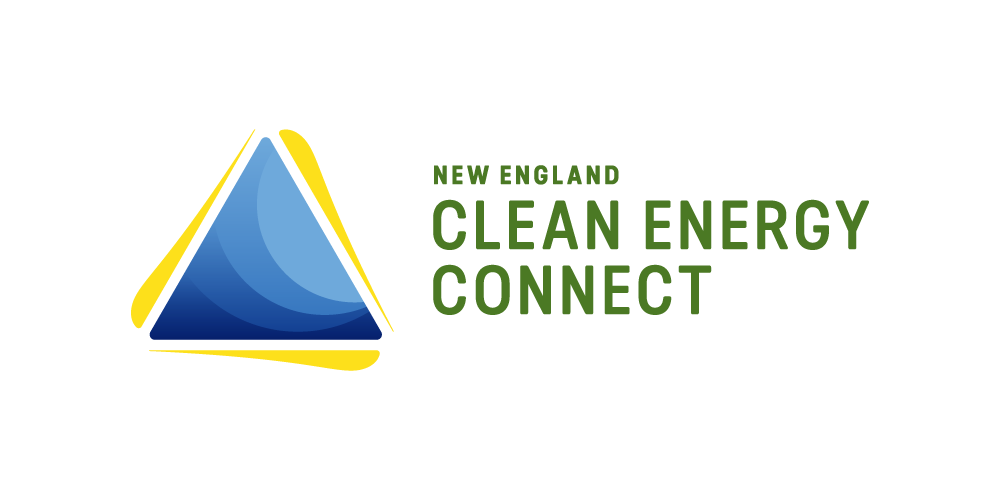Boston Globe Editorial
Once again, a planned electric transmission line from Canada to New England has created an odd alliance between a few environmental groups and fossil fuel interests determined to stop it.
Once again, the climate stands to be the big loser.
Zero-carbon hydropower from Quebec, generated at 63 massive dams owned by the provincial utility company Hydro-Quebec, offers a realistic way for Massachusetts and the rest of New England to reduce greenhouse gas emissions — fast.
The Massachusetts Legislature passed, and Governor Charlie Baker signed, a law in 2016 that authorized utilities to import huge amounts of Canadian hydropower. But the first winner of the state’s contract, the Northern Pass transmission line through New Hampshire, stalled because of opposition from fossil fuel generators, environmentalists, and one New Hampshire regulatory body. Now Massachusetts’ second choice, a $950 million, 145-mile power line through western Maine, has met with a lukewarm reception from Maine Governor-elect Janet Mills.
Pushback was to be expected from fossil fuel generators, who had lobbied against the 2016 Massachusetts law and don’t think it’s fair to compete against a resource subsidized by state ratepayers. But the opposition of some environmental groups who say it won’t really add new clean power, such as the Sierra Club and the Natural Resources Council of Maine, is simply bewildering.
Unfortunately, we’ve seen this movie before. Whether its opposition to preserving emission-free nuclear power; fighting natural gas pipelines needed to displace coal, oil, and imported liquefied natural gas; or lobbying against federal carbon-capture incentives designed to clean up fossil fuel use, environmental advocates too often hold the good hostage to the perfect in the climate fight.
For all the local environmental disruption it can cause, hydropower has allowed Quebec to virtually decarbonize its electric grid, an astonishing accomplishment that means the province’s residents light their homes and charge their iPhones without contributing to global warming. More than three-quarters of the electricity generated in Massachusetts, in contrast, comes from natural gas.
The Massachusetts law called for an eye-popping 9.5 terawatt-hours of electricity annually, an amount roughly equivalent to what a large nuclear reactor like Seabrook Station in New Hampshire generates in a year. To put that number in perspective, wind turbines in the Commonwealth generated 0.23 terawatt-hours in 2017, according to federal data. The transmission line would make an appreciable dent in the whole region’s carbon emissions, create jobs and tax revenue in Maine, and set the stage for further hydro imports down the road.
Opposition to the plan rests, to some extent, on local concerns about unsightly power lines. Parts of the state that rely on tourism need to feel comfortable with the project; an agreement to bury a key river crossing on the line should help assuage some of those fears. But the most serious criticism is that the plan won’t result in an overall reduction in greenhouse gas emissions. Massachusetts might get clean power, critics say, but Hydro-Quebec would fulfill the terms of the deal by diverting power from other customers, who would then use fossil fuels instead.
Diversion would call into question the whole point of the Massachusetts law, which is to combat climate change, and was the thrust of a critical study recently presented to state regulators in Maine.
In its fullest rebuttal yet, the company has disclosed operational details to show how the contract would, indeed, result in new clean generation at its dams. Hydro-Quebec says that it does not currently operate its existing power plants at full capacity: It says it is forced to “spill” water, meaning let water flow downstream without generating electricity from it. The company estimated it spills enough “fuel” in a year to produce about 10.4 terawatts of electricity — more, in other words, than the entire amount of the Massachusetts contract.
“We simply don’t have the transmission lines to export the power that we could potentially produce,” said Serge Abergel, a spokesman for Hydro-Quebec, told the Globe. Spills can be necessary because reservoirs have limited capacity; electricity can’t be generated from the surplus water because it would overload the electrical grid.
To substantiate its contention, the company gave the Globe still photos or videos of water being spilled at seven of its dams, all dated in 2018; copies of written notifications it sent to communities preceding spills this year; and letters it sent to the provincial government outlining plans to spill water.
We don’t have to take the company’s word for it, though. Local media have reported on spills, and Dominique Savoie, a deputy minister in Quebec’s Department of Energy and Natural Resources, confirmed to the Globe that water releases had been carried out.
Meanwhile, the accusation that the utility could buy dirty power to resell to Massachusetts ignores provincial environmental laws. Unlike American states, most Canadian provinces levy carbon fees, and all will do so beginning next year: “If we bought dirty energy, we’d have to pay a carbon tax on that. It makes no business sense,” Abergel said.
Residents of Quebec might wonder why their provincial utility built dams without the capacity to use them fully. But that leftover capacity can be the Commonwealth’s gain — and the climate’s. The state has spent a better part of a decade arguing over if and how to make use of the huge zero-carbon resource next door. Meanwhile, the state’s greenhouse gas emissions have resumed climbing .
The historic concerns about hydropower are understandable. But it’s time to get everyone to yes.
